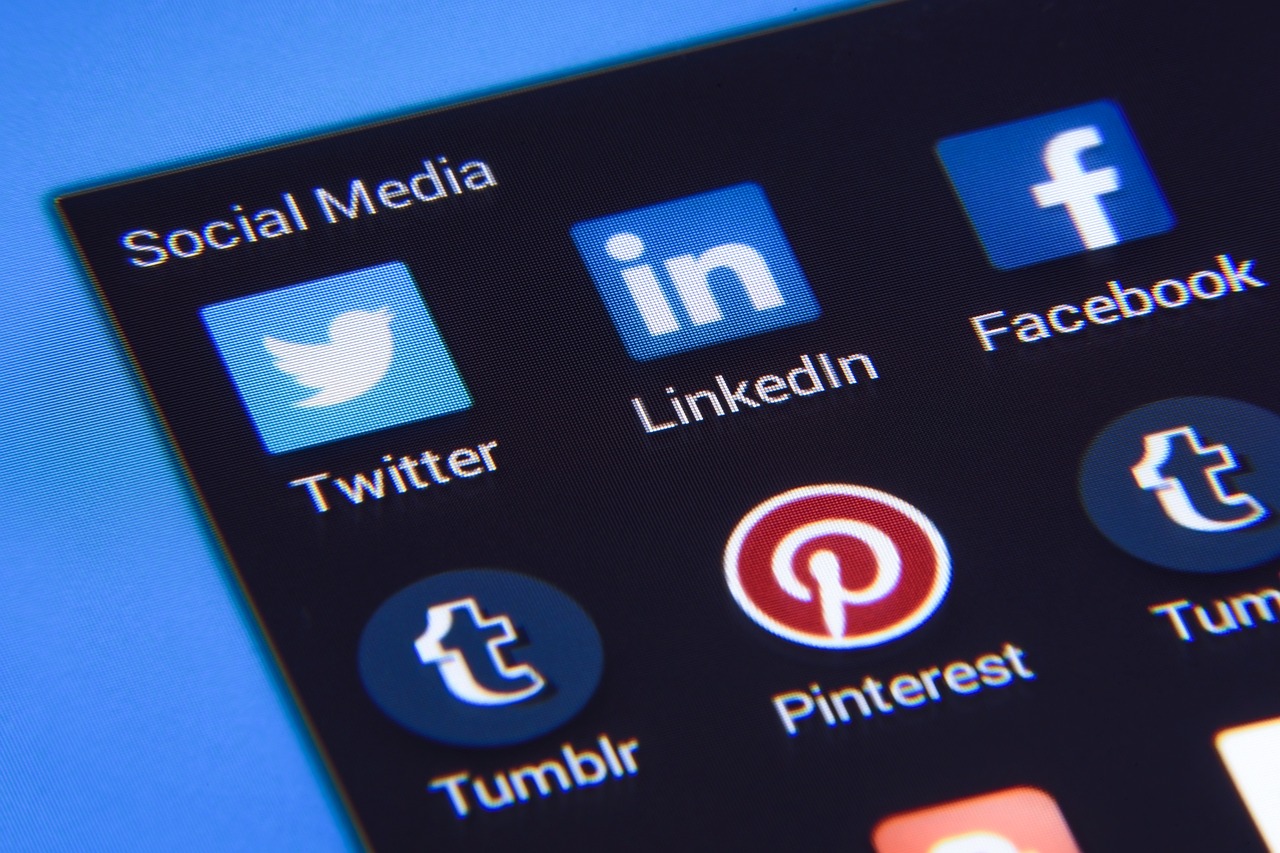Influencer marketing is a strategic approach to marketing where brands collaborate with influential individuals, typically on social media platforms, to promote their products or services. These influencers have a dedicated following, and their endorsement can provide brands with direct access to a targeted audience.
Key Aspects of Influencer Marketing:
- Types of Influencers: Influencers are generally categorized based on their follower count and niche:
- Nano-influencers (1K-10K followers): Highly engaged audiences, niche communities.
- Micro-influencers (10K-100K followers): Known for specific expertise or communities.
- Macro-influencers (100K-1M followers): Large audiences, broader reach.
- Mega-influencers (1M+ followers): Celebrities or well-known figures with massive audiences.
- Influence by Platform:
- Instagram: Visual content with high engagement in fashion, beauty, travel, and lifestyle.
- YouTube: Long-form content, tutorials, reviews, unboxings, and in-depth product demonstrations.
- TikTok: Viral content with a younger audience, trending challenges, and short, engaging videos.
- Twitter & X (formerly Twitter): Brief, topical content with real-time engagement.
- LinkedIn: Professional and B2B influencers, thought leadership.
- How It Works: Brands collaborate with influencers in various ways:
- Sponsored Posts: Brands pay influencers to post content featuring their product or service.
- Product Reviews or Unboxings: Influencers test and review products, giving followers a firsthand look.
- Affiliate Marketing: Influencers share a special code or link that gives them commission on any sales made through their posts.
- Takeovers: Influencers temporarily take over a brand’s social media account to create content.
- Brand Ambassadors: Long-term collaborations where influencers represent a brand over a series of campaigns.
- Targeting and Authenticity: Successful influencer marketing relies on finding influencers who authentically align with the brand. Audiences are increasingly savvy and can detect inauthentic partnerships. Thus, influencers who genuinely use and appreciate a brand’s product are more likely to persuade their followers.
- Measuring Success: Influencer marketing campaigns are typically measured by key metrics, including:
- Engagement Rate: Likes, comments, shares, and interactions with the content.
- Reach and Impressions: The number of people exposed to the influencer’s content.
- Conversions: Sales, sign-ups, or other desired actions resulting from the campaign.
- Return on Investment (ROI): Tracking the profitability of the influencer campaign.
- Emerging Trends:
- Live Shopping: Real-time sales through livestreams hosted by influencers.
- Niche Micro-influencers: More brands are working with smaller influencers to reach highly engaged, targeted communities.
- AI and Virtual Influencers: Virtual personalities, like Lil Miquela, are becoming more prominent.
- Sustainability and Purpose-Driven Marketing: Consumers are increasingly looking to support brands and influencers who advocate for social issues and sustainability.
Benefits of Influencer Marketing:
- Trust & Credibility: Followers trust the influencer’s opinion, making it easier for brands to build credibility.
- Niche Targeting: Brands can reach specific audiences by selecting influencers in particular niches.
- Cost-Effective: Micro and nano-influencers can offer significant engagement at a lower cost than traditional ads.
- Content Creation: Influencers generate unique content, often saving brands time and resources.
Challenges:
- Finding the Right Influencers: It can be difficult to find influencers whose audience aligns with the brand.
- Influencer Fraud: Some influencers artificially inflate their follower numbers or engagement metrics.
- Measuring ROI: It’s sometimes tricky to directly attribute sales or leads to an influencer campaign.
Conclusion:
Influencer marketing, when done strategically, can be a highly effective way for brands to reach targeted audiences, build trust, and drive conversions. It continues to evolve with digital trends, becoming a vital component of modern marketing strategies.
At 7Shades Digital, we specialised in creating strategies that help businesses excel in the digital world. If you’re ready to take your website to the next level, contact us today!





